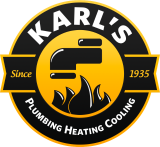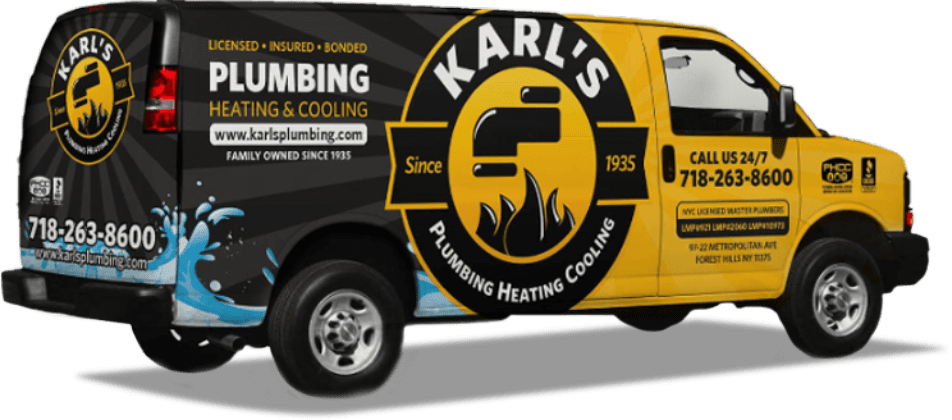In New York City, annual boiler inspections are a crucial aspect of maintaining safe and efficient building operations. These inspections ensure that boilers meet the necessary safety and efficiency standards, helping to prevent accidents, reduce energy costs, and comply with local regulations. The NYC Department of Buildings (DOB) oversees and enforces these requirements. We can help you with NYC Boiler Inspections.
The following boilers must be inspected & file a report with the
NYC Department of Buildings annually:
- Types of Boilers Requiring Annual Inspections:
- Low-pressure boilers in residential buildings with six or more families
- Low-pressure boilers in mixed-use buildings
- Low-pressure boilers in commercial buildings
- High-pressure boilers
- H-stamp domestic hot water heaters with over 350,000 BTUs in residential, mixed-use, and commercial buildings
- E-stamped boilers
- Inspection Process:
- A qualified, licensed professional must conduct the annual boiler inspection.
- The inspection includes a visual examination of the boiler and its components, checking for signs of wear, corrosion, and other potential issues.
- The inspector will also assess the boiler’s efficiency and safety features, ensuring that it meets the required standards.
- The inspection may also include cleaning of the boiler’s internal parts to maintain optimal performance and prevent damage.
- Reporting and Filing:
- After completing the inspection, the inspector must file a report with the NYC DOB. The report should include the boiler’s condition, any necessary repairs, and confirmation that it meets safety and efficiency standards.
- Building owners are responsible for ensuring that these reports are filed in a timely manner. Failure to do so can result in fines and penalties.
- Compliance and Violations:
- Compliance with annual boiler inspection requirements is essential to avoid penalties from the NYC DOB.
- Violations such as LBLVIO (low-pressure boilers) and HBLVIO (high-pressure boilers), previously known as LL 62/91, carry a civil penalty of $1,000 per boiler per year.
- If a violation is issued, the building owner must address the issue and have the violation removed. This process typically involves scheduling a re-inspection and providing proof of compliance to the NYC DOB.
In summary, annual boiler inspections are an essential component of building safety and maintenance in New York City. By adhering to these requirements, building owners can ensure that their boilers operate efficiently and safely while avoiding costly fines and penalties.
Comments are closed.

